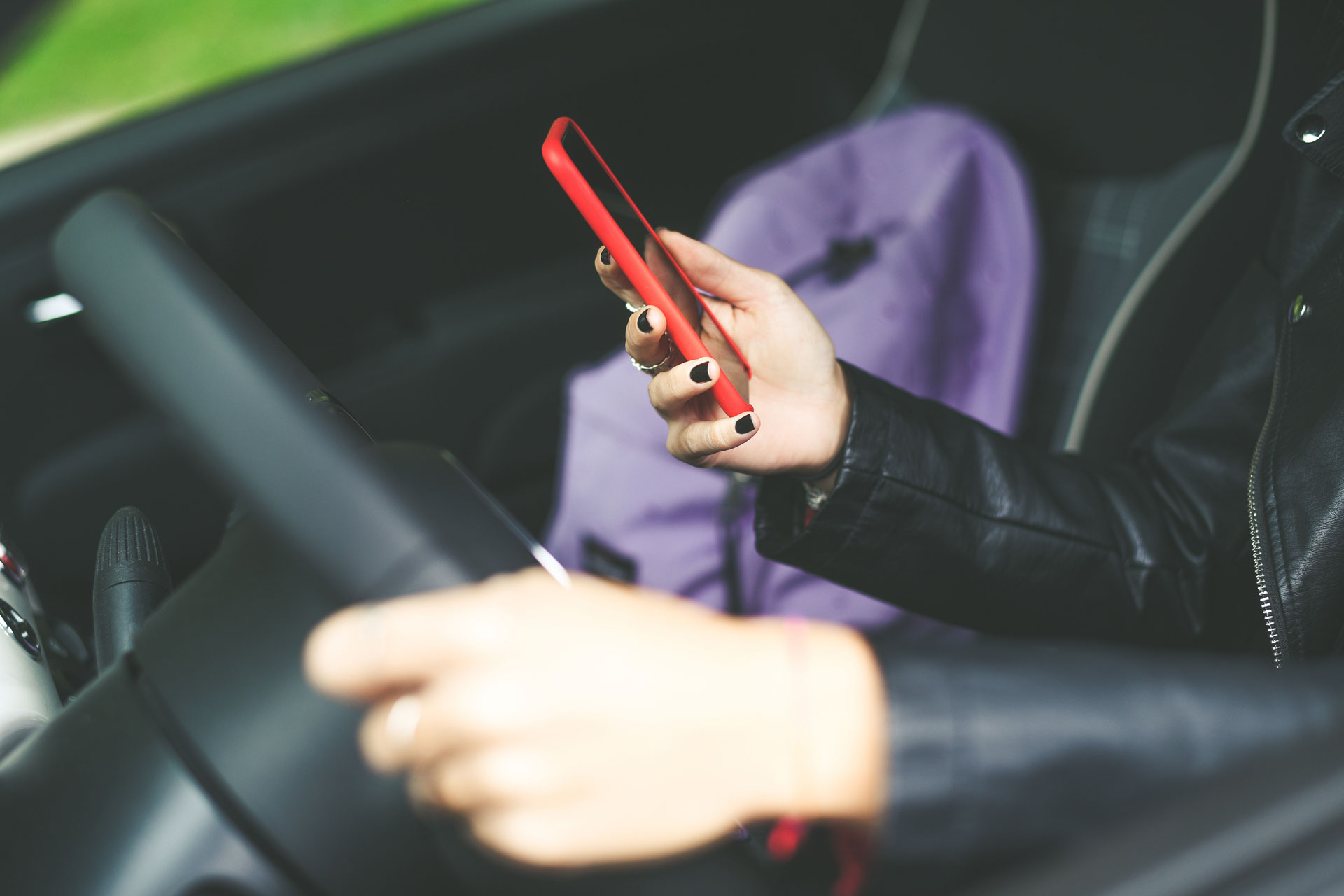
Can Social Media Be Used as Evidence in a Criminal Case?
June 14, 2022
In May of 2022, a New York 18-year-old opened fire in a Buffalo supermarket, killing ten people and wounding three others, in a racially-motivated mass shooting. He posted details of his months-long plot on social media 30 minutes before the attack. The New York Attorney General’s office is now launching investigations into the social media companies the Buffalo shooter used, which included Dischord, 4Chan, and Twitch, to “plan, promote, and stream his terror attack.”
An extreme and devastating example, this is just the latest in a long line of scenarios in which people are incriminated by their posts on social media. Although an online manifesto penned by the shooter makes it unlikely that any expectation of privacy in sharing this information was intended, many people fall into the social media evidence trap without meaning to.
Can You Face Criminal Charges for Posting on the Internet?
YES. Tightening privacy settings are not enough to elude the law enforcement and penalties. A study by the International Association of Chiefs of Police showed that 95.9% of all law enforcement agencies use social media to collect evidence during criminal investigations.
As a general rule, you should never expect any sort of privacy on the internet. Regardless of the privacy settings you set on your accounts or the size and membership of your social media circles, law enforcement can gain access to your accounts if needed under the Stored Communications Act (SCA).
Police will create fake profiles, use location tags, and third parties to gather information for your case. Pictures of you drinking hours before an OVI/DUI arrest, for example, or photos with previously arrested gang members, can get you into trouble.
What Crimes are Committed on Social Media?
For better or for worse, social media has been an age-defining innovation, allowing users to share intimate details of their lives with vast amounts of people—sometimes the public at large. While it has in many ways brought people together, it has also created a unique new problem of oversharing. It is not uncommon for people to carelessly share information that would better be kept private, including where they live, their children’s names and ages, or where they went drinking on Saturday night. Unfortunately, many people also make the grave mistake of sharing written, photographic, or video evidence of illicit activities including but not limited to drunk driving, harassment, violent altercations, or criminal threats.
Is Social Media Evidence Admissible in Court?
YES, social media evidence does hold up in court. If you have been accused of a crime, social media can be your best argument or a source of incriminating evidence. With pending charges, always think twice before posting.
What to Do with Your Social Media Accounts When Facing Criminal Charges
If you have been accused of a crime and have a case pending, the best and smartest thing you can do is to abstain from social media until your case is completed. Even if you think that something you want to post is innocent, you must remember that anything you post on social media can be used against you, and you don’t want to do anything that could inadvertently make things worse for you. It takes seconds to leave a footprint online, so if you’re wondering whether to post something, it’s better to be safe than sorry.
When you having an open criminal investigation, keep the following in mind:
- Never post a photo that implies future illegal activity
- Make privacy settings as strict as possible
- Keep your friends list as short as possible
- Turn off automatic check-ins
- Understand that just because something is “private” doesn’t mean that it will stay that way
- Never post anything you wouldn’t want a judge or jury to see
Think Before You Use Social Media!
In a world where the bounds of privacy become less clear by the day, the one thing you can do is to make sure that you use online platforms like Facebook, Twitter, Instagram, Snapchat, TikTok, Reddit, YouTube, LinkedIn, WhatsApp, and other social media sites wisely. If you’re being accused of a crime in the Akron area and need help, don’t hesitate to reach out to our law firm to discuss your case with an experienced lawyer.
Our team can provide you the guidance you need to navigate the legal process and manage any social media concerns you may have during this time.
If you would like to set up an in-person consultation with a criminal defense attorney in Akron, contact DiCaudo, Pitchford & Yoder today.